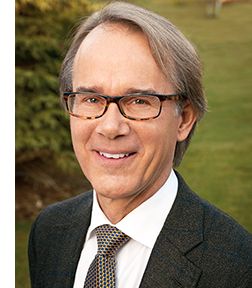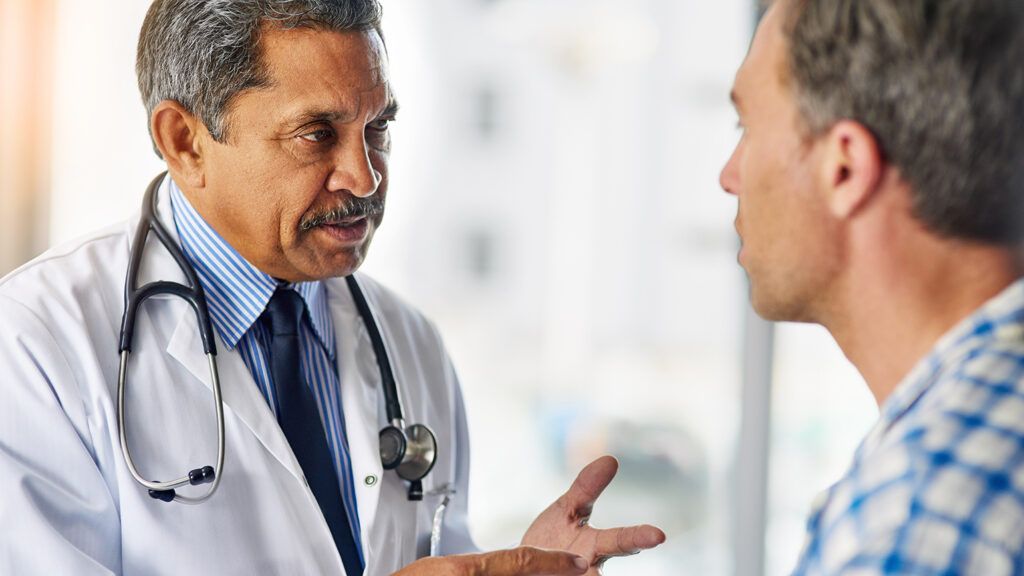
Chief Medical Officer
Hazelden Betty Ford Foundation
Why do people get hooked on opioid pain medication so quickly, and how should they wean themselves off?
Opioid medications are more powerful versions of pain-regulating chemicals that occur in our bodies. Those natural chemicals provide some degree of pain relief, but severe pain, as from major surgery, may require opioids.
However, if opioid medications are taken regularly, the body becomes habituated, requiring more medication to relieve the same pain. This increase in tolerance can start with the first doses and lead to physical dependence in virtually anyone. From there, some people develop the psychological and social symptoms of opioid use disorder, a.k.a. addiction.
Once physically dependent, a person cannot simply stop taking the medication. Cutting off the supply causes withdrawal symptoms such as intense pain, nausea, sleeplessness and anxiety (often compared to the worst flu you can imagine).
If you or someone you know has an opioid dependence or addiction, seek immediate help from a medical professional. If the problem is physical dependence alone, explain that you want to stop taking your medication and insist on a timetable for tapering off. And if the problem has progressed to addiction, ask about specialized care like the kind the Hazelden Betty Ford Foundation provides.
Medications such as buprenorphine can help ease the tapering process. However, no matter what method is used, know that there will be at least some discomfort.
Opioids are not the only option for treating pain. Nonaddictive painkillers, physical therapy, exercise and acupuncture are effective at treating chronic pain. In fact, research shows opioid medications may be no better than plain old Tylenol or ibuprofen for treating mild to moderate pain.
In other countries, opioids are used sparingly and never for more than a few days. That was the practice in the United States until two decades ago, when pharmaceutical companies began persuading doctors to prescribe opioids for minor pain (e.g., sprained ankles) and chronic conditions (e.g., bad backs).
Be encouraged, though. There is hope for those who develop opioid dependence or progress into addiction. With help, anyone can free themselves from these powerful medications.






